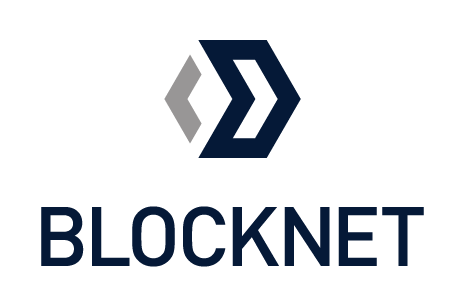Healthcare and the Blocknet: The challenge of Interoperability

In a recent study, it was found that more than 70% of over 3,500 hospitals surveyed in America could not interact with other medical systems when it came to finding a patient’s records, sending them electronically and securely to another medical institution, receiving new patient data, and integrating that information back into the patient’s electronic record.
In the UK a 2017 report from the N.A.O. stated that integration between NHS systems and other related social healthcare systems was far from ideal. It revealed tracking patients through different care settings and updating their information was a large barrier to running efficient cross-care systems and was one of the biggest barriers for meeting their targets.
Modern healthcare providers cannot cope with the complexities of sharing Electronic Health Records (EHRs) from different health care organizations across disparate systems. These systems were never designed to work together and this leads to delays receiving results, potentially serious patient data errors, lost records, and poses problems for patients that need to view their own data and reports. This situation has developed because over time, providers have created their own technology and systems, separate from one another and thus have limited their wider application. These disparate systems would better function and have wider application if they were networked together so they could share their data and functions. This exchange of data across different systems is called interoperability.
Could the Blockchain help solve these issues?
Blockchain technology is a perfect candidate to address the current lack of interoperability in healthcare and has the potential to revolutionise it. EHR’s, medicine supply chains, payment systems, sharing of research, security and much more could all be potentially improved by blockchain technology that employs an interoperable protocol to network disparate systems together. A report from the National Coordinator for Health I.T. has set a goal of 2024 for total EHR interoperability.
What are the challenges for using Blockchain technology to implement full EHR interoperability?
By the very nature of their design, a restrictive flaw is built into each Blockchain, specifically, that they can only communicate with themselves and cannot communicate with other Blockchains. They are NOT interoperable. By default, no data between different Blockchains services can be transferred. In addition, the larger a Blockchain grows, the more likely it will suffer from bloat which results in fewer transactions being broadcast by that particular network.

Interoperability and The Blocknet
The Blocknet protocol is a true peer-to-peer protocol between nodes on different Blockchains and enables the delivery of potentially any kind of digital service from a node on any Blockchain to a node on any other Blockchain. Utilizing the Blocknet’s unique XBridge system, the Blocknet protocol is a general-purpose infrastructure for inter-blockchain services that allows cross-blockchain communication and communication between decentralized applications (dapps). This is something healthcare systems around the world are in dire need of.
What if a doctor could send a patient to get an MRI scan at a specialist hospital, transmit the patient’s details to the MRI hospital, and the specialists team then sends the results back to the patient’s doctor even if both locations are using different internal software systems? Or imagine an EHR ledger on a Blockchain that is immutable so that patient data cannot be erased or lost and can be viewed easily by providers and patients across different clinics, which could be supported by nodes across the planet. Perhaps governments and health care providers could offer aspects of their healthcare Blockchains for research purposes to academic institutions in exchange for these institutions lending their processing power and for providing the nodes.
Blocknet has already partnered with Duality Solutions who plan to leverage the Blocknet protocol for their partnership with HarmonIQ using the NoID protocol which delivers and protects patient information, keeping it private.
Improved healthcare services are just one aspect of what the Blocknet protocol could enable. You can read more about the Blocknet protocol in this article or you can view our whitepaper.
— — — — —
Website / Protocol Website / Discord / Rocket Chat (Phasing Out) / Twitter / Medium / Telegram / Reddit / Steemit / Newsletter / Facebook / YouTube / Minds / BitcoinTalk / Proposal Forum
I’ve got some MedicalChain. What’s the difference between MedicalChain and this?